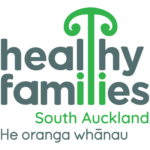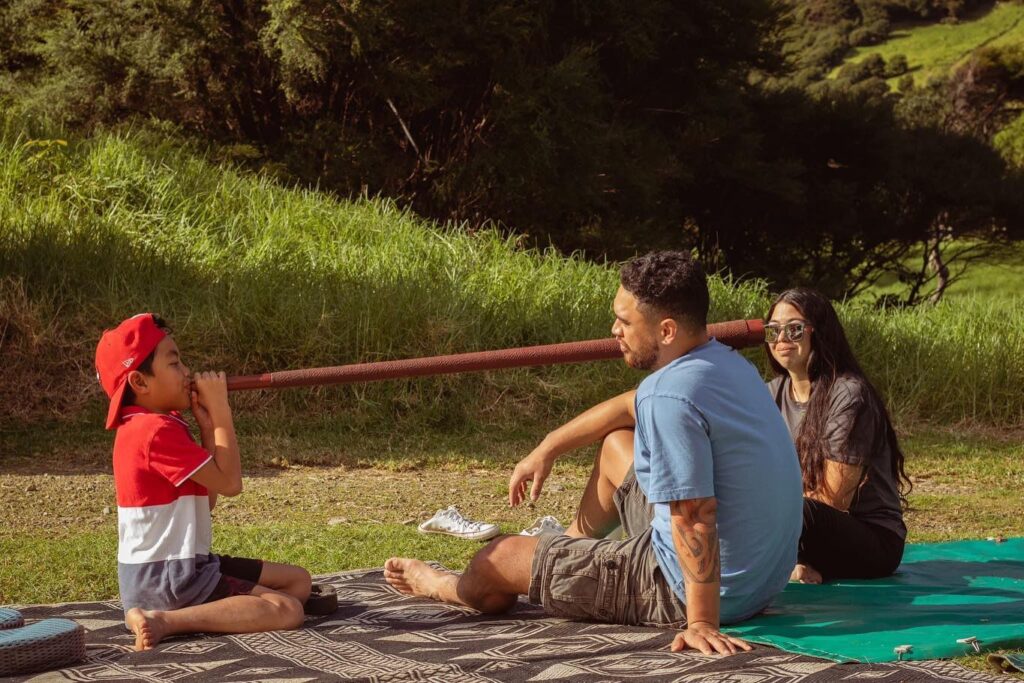
He uri whakatipu nō Ngāti Tamaterā, Ngāti Porou, nō Rereahu. He rangatahi whakarangatira nā ngā whenua ō Manurewa, Takaanini, Papakura anō hoki.
Rereahu Collier (Ngāti Porou, Ngāti Tamaterā) is known for bringing the vibes, the jokes, and his bright smile wherever he goes. Despite only recently joining the Connected Communities team, Collier has swiftly established himself as a force. In this piece, he graciously shares his personal thoughts on mātauranga Māori, Te Tiriti o Waitangi, and offers us a peek into the meaningful mahi that fills his days.
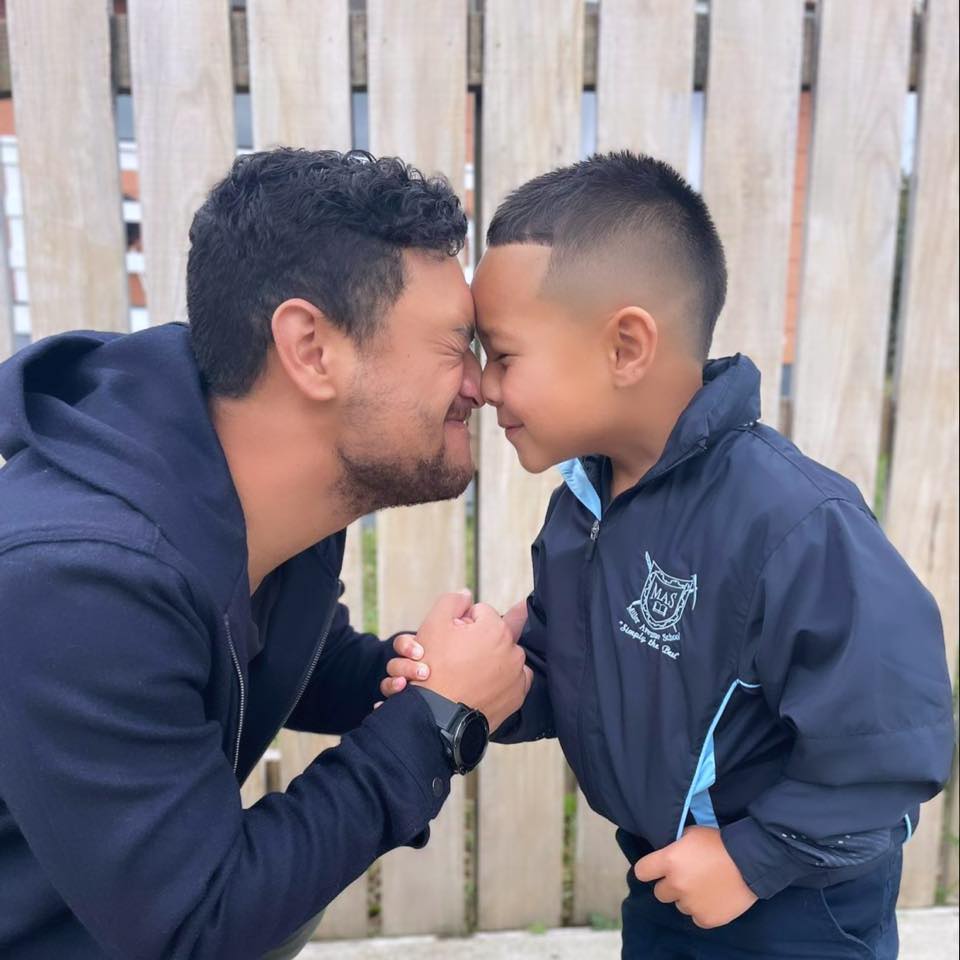
Can you provide an overview of your role and responsibilities with Connected Communities/HFSA?
My role as Senior Strategist – Kaupapa Māori is of a similar nature to the many Rautaki Māori roles of Healthy Families nationally. For me it is to identify the opportunities for Mātauranga Māori to inform and influence our practices and initiatives that are supported by the Healthy Families South Auckland Connected Communities (HFSA CC) team.
What have you been working on lately?
Since joining HFSA CC/The Southern Initiative 6 months ago I’ve been involved in two kaupapa; Kia Ora te Whānau Hubs, an initiative to reimagine what whānau and community well-being hub could look like when the community partner alongside Auckland Council, and whānau.
How do you weave in Mātauranga Māori principles and knowledge into your mahi?
Mātauranga Māori is built intrinsically in the way that I live and breathe, so it’s only natural that it lays the foundation for the mahi that I support as well. The essence of my approach in our mahi is that whanaungatanga (relationships) and manaakitanga (hospitality) are at the core of everything to ensure that outcomes produced enhance the mana of those that I serve.
In what ways do you think the Treaty of Waitangi (Te Tiriti o Waitangi) can serve as a framework for guiding and informing systems change initiatives?
I think Te Tiriti o Waitangi serves as an enabler for many ways our team can take into consideration the many relationships and resources we have at the disposal of the mahi we do. I think a huge assumption is that it is only focused on the partnership between the Crown and Māori, when in fact it encapsulates everybody here in Aotearoa as Tangata Whenua and Tangata Tiriti. When we consider this from a systems change perspective, we begin to find ways and solutions that build on equitable outcomes for all.
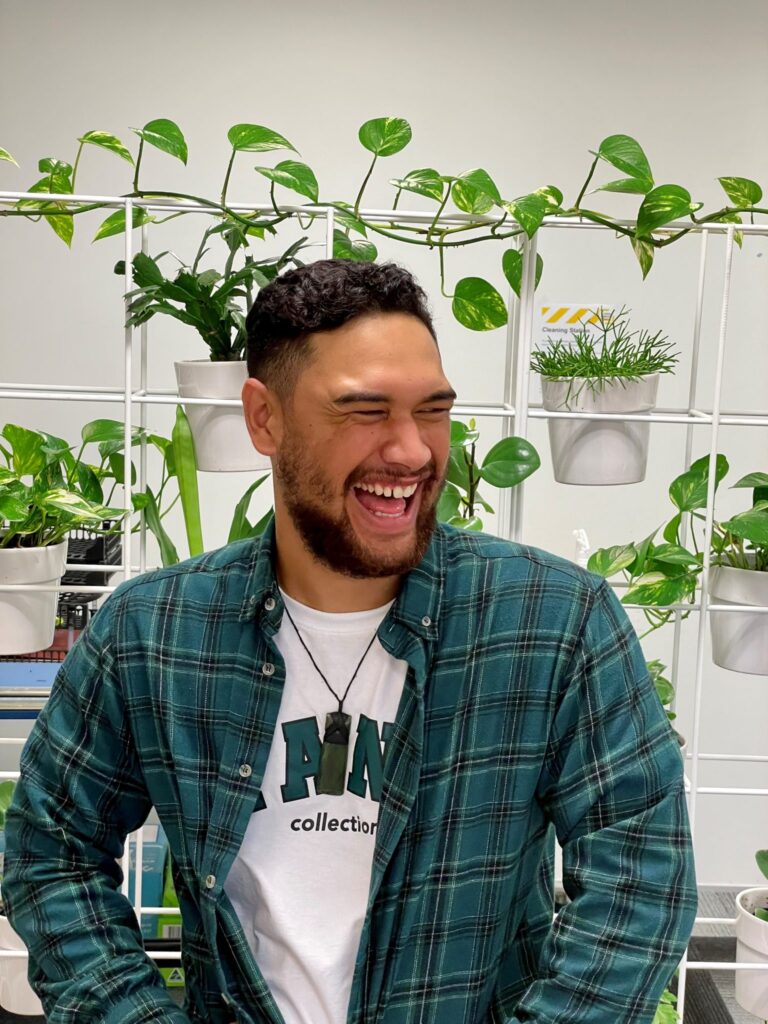
What challenges or barriers do you foresee when attempting to interweave the Treaty of Waitangi with systems change, and how can they be addressed?
The challenges that naturally occur within Te Tiriti o Waitangi is the confusion of who it is meant to serve. I consider myself to be a Māori that like to criticise heavily on my own people as a wero for them to take a growth mindset and find solutions rather than a fixed mindset of thinking an injustice has been dealt to them historically (which is also true!) and believing that we should not be the ones to guide our own futures.
A big one for me is that we are trying to merge two totally different worldviews into one space (Te Tiriti o Waitangi and what “systems” surround it). There is never a clear-cut way to find a solution, but the essence of what I’ve seen in these two is that through building mana-enhancing activations, we innately create the ideal systems impacts around us.
How can Māori perspectives and voices be authentically included and empowered in decision-making processes related to systems change, in accordance with the Treaty principles?
If we were to simplify the articles of Te Tiriti o Waitangi into its three core principles (partnership, participation, protection), we begin to identify the importance of sharing the perspectives and holding wānanga for Māori in spaces where they are not typically comfortable. Often it is the language that disables our whānau from navigating the complexities within the system, and it is up to us to simplify that.
What examples can you provide of Mātauranga Māori principles being successfully applied to drive positive systems change in your mahi?
Our team has embraced Mātauranga Māori by incorporating a set of tikanga into our work practices. We prioritise aspects of manaakitanga and whanaungatanga to foster enduring relationships, creating a collaborative culture that empowers communities. Taking a holistic approach inspired by Te Whare Tapawhā, our work aims to enhance the physical, mental, spiritual, and social well-being of whānau while respecting the surrounding taiao. By developing both people and whenua in a mana-enhancing and sustainable manner, we believe we are making significant strides towards meaningful progress.
As a Senior Strategist, what’s a lesson you’ve had to quickly learn?
One thing I’ve had to pick up quickly is that to see the bigger picture you have to take a step back. Often in many people’s mahi we feel that drive or progress is only felt when an action is completed. In order for me to identify what actions are necessary to move and shake systems I have had to learn to observe first, and there is such a huge power in being still and sitting in that grey area!
Another is knowing the power in reflection and its contribution back into action. There is a saying that goes “kia whakatōmuri te aronga whakamua”, look backwards to go forwards. I take this into consideration not only my own actions, but history and themes that have popped up leading up to current times.
When thinking about your work, do you draw inspiration from your whānau, culture, and lived experiences?
A lot of my inspiration stems from the aspirations of where our culture can influence change and complemented by lived experiences and how things have come to be because of many actions. If not for my culture to ground me and hold me accountable to not only myself and whānau, but my whakapapa as well.
My lived experience helps to shape the narratives shared to me and embedded into modern systems. Fortunately, my sister works for Healthy Families Te Ngira (Hinemoana Collier), so as a sounding board she is a good person who offers a perspective in the work that we all do. Plus, we’re very competitive so it’s a matter of who has the better work stories (so far it’s her).
What are your future goals?
My future goal would be to normalise the use of tikanga Māori in everyday practices so that it’s embraced for all to benefit from as well as building better systemic outcomes for rangatahi to take over the world. If not for those then to have my car working without breaking down LOL.
If you were to create a playlist that captures the spirit of your mahi, what would be your top 3?
Like all workplaces, work can be busy, and it can be slow, sometimes at the same time. So, when it’s busy I would have something like Drum & Bass (I’ve been listening to Wilkinson & Netsky), when it’s slow then it would probably be some Summer Kiwi Hits like Corella, I don’t mind a bit of Afro Beats as well such as Davido – Fall or Simi – Duduke.
